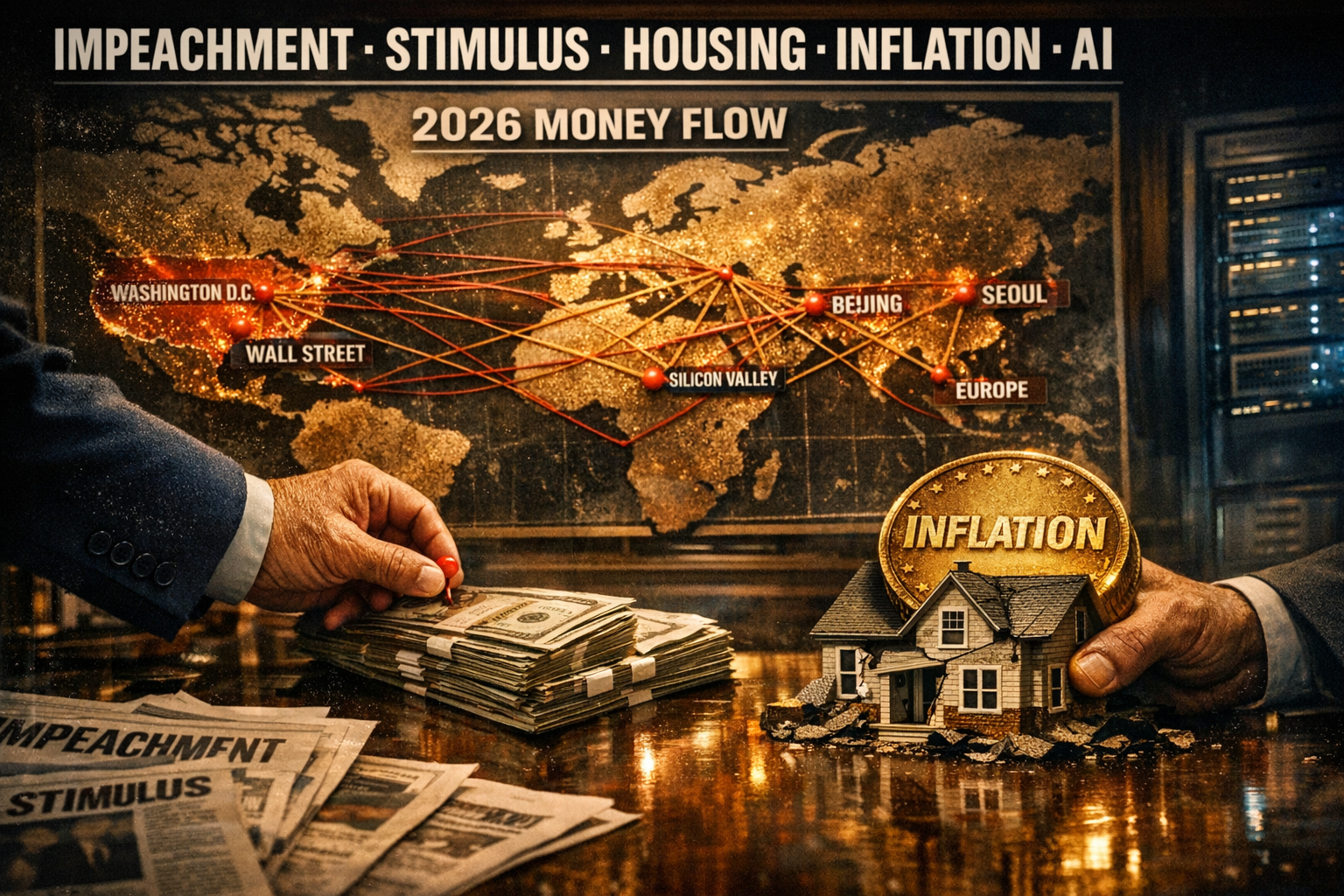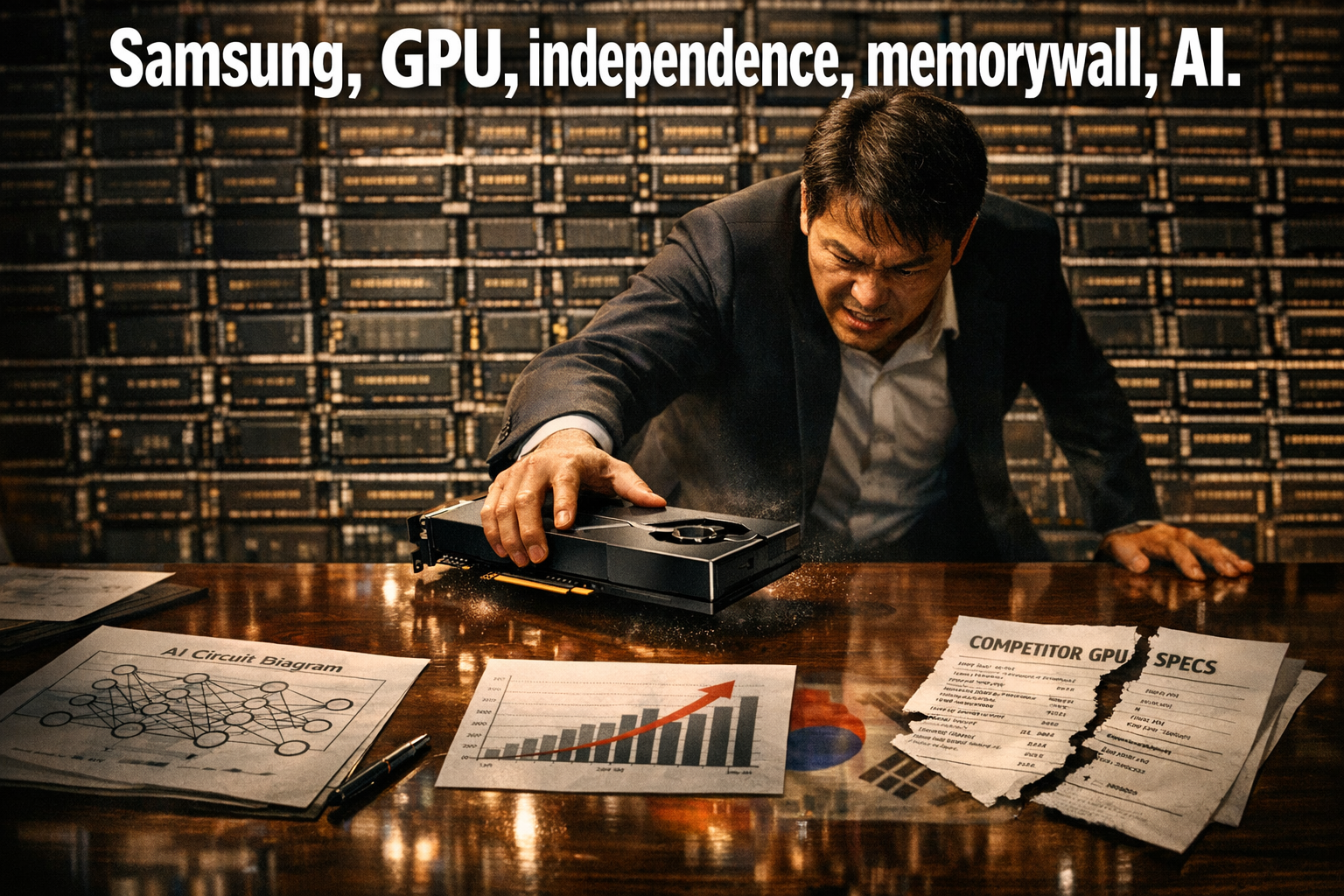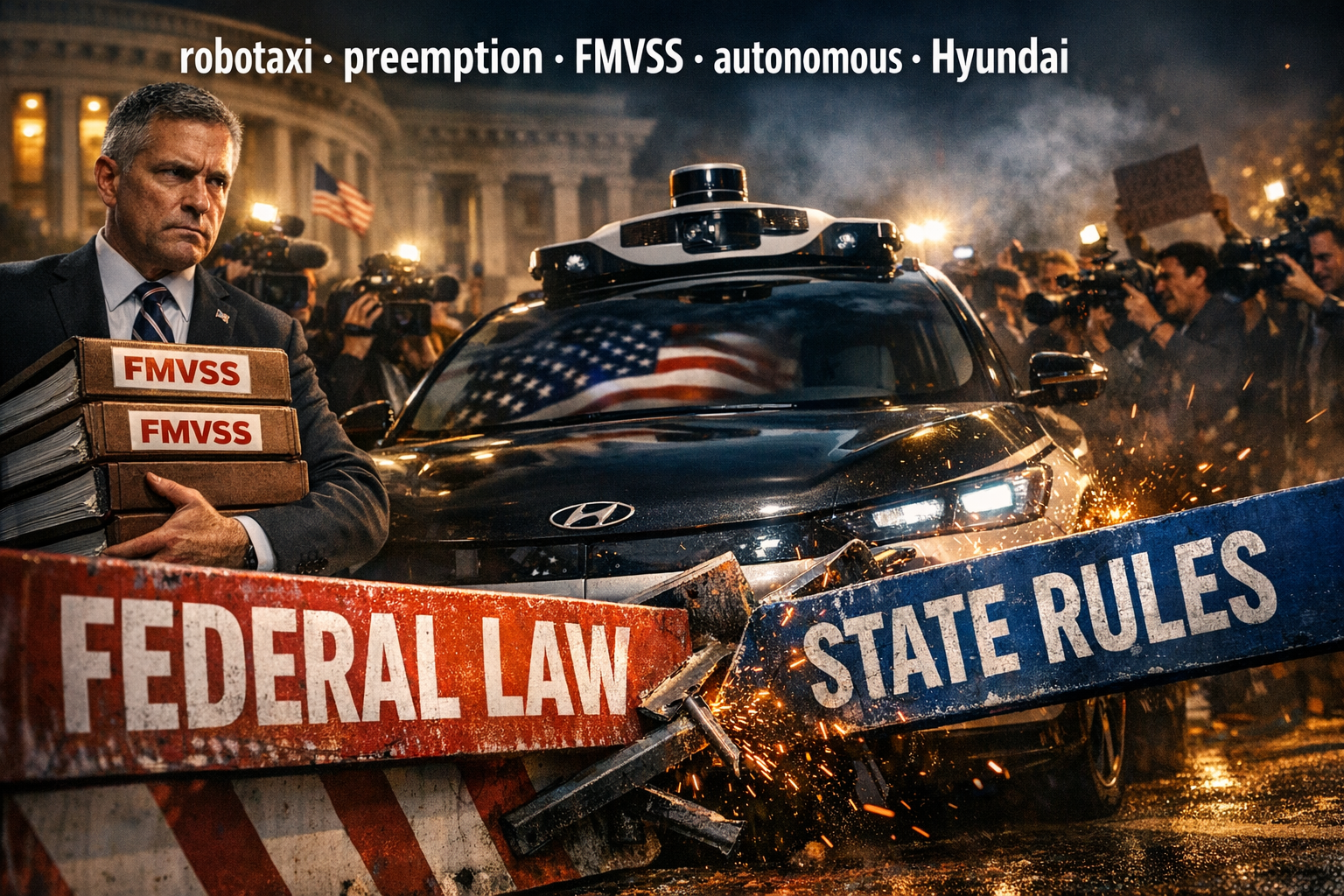● Trump’s Auto Tariff Bomb Tesla Safe?
Tesla News and Global Economic Outlook: Tariffs, Electric Vehicle Tax Credits, and the Future of Autonomous Driving
1. President Trump’s Tariff Announcement and Policy Changes
The key point is the imposition of a 25% tariff on cars not manufactured in the United States.
American-made cars can receive loan income tax credit benefits without tariffs.
This government policy has a significant impact on the U.S. economy and the electric vehicle market by imposing a relatively heavy tax burden on foreign cars.
2. Tesla Stock Volatility and Investor Perspectives
Tesla shares experienced a short-term price decline, but volatility is evident with a 15.35% increase over the week and an 8.82% increase over six months.
Recently, the stock price has fallen by 5.6%, but some analysts suggest that a rise of approximately 79.57% is needed to recover the previous high.
The MDD (Maximum Drawdown) indicator also mentioned the possibility of losses between 30~44%, highlighting investment risk factors.
3. Political Uncertainty and International Trade Tensions
In some countries, such as Canada, the decision was made to freeze rebate payments for Tesla, which is intensifying trade tensions.
The Trump administration plans to reorganize the targets of automobile tariff exemptions and related policies.
Policy uncertainty is expected to have a significant impact not only on the overseas automobile market but also on the global electric vehicle competition landscape.
4. American-Made Electric Vehicles and Loan Income Tax Credit Effects
The fact that interest expenses are deductible from income tax when taking out loans only for American-made vehicles is an attractive benefit for consumers.
This allows American car manufacturers to gain a competitive advantage over foreign-made cars,
and innovative companies like Tesla are becoming more prominent in the electric vehicle market.
5. Autonomous Driving and Robotaxi Technology, Future Growth Engine
Tesla has secured a leading position in the fields of autonomous driving, robotics, and artificial intelligence.
In particular, it is receiving great attention as it has been granted permission to start the robotaxi trial service in Austin in June.
Technological innovation is expected to act as a long-term growth engine as well as a short-term stock price rebound.
6. Global Electric Vehicle Market and Competitive Landscape Analysis
Despite sluggish sales in the European market, competition for autonomous driving technology is intensifying in the global electric vehicle market, including China.
Hyundai/Kia and overseas automobile companies such as Japan and Germany may find it difficult to bear the burden of U.S. tariff policies.
As a result, American electric vehicle manufacturers such as Tesla are expected to show strength in the United States.
Summary
The U.S. government has announced a policy that imposes a 25% tariff on non-U.S.-made cars and limits income tax interest deductions to U.S.-made vehicles when taking out loans.
This policy places a heavy burden on foreign automobiles, and changes are expected in the global electric vehicle market competition landscape.
Although there are short-term fluctuations and investment risks in Tesla’s stock price, it secures a leading position in future technologies such as autonomous driving and robotaxis, showing long-term growth prospects.
Along with this, amid international trade tensions and political uncertainties affecting the market, U.S. economic policies and electric vehicle tax credit benefits are expected to have a positive effect on Tesla and American-made electric vehicles.
[Related Articles…] Latest on Tariffs | Autonomous Driving Innovation Analysis
*Source : [오늘의 테슬라 뉴스] 속보! 트럼프 자동차 관세 폭탄 발표! 테슬라 안전할까? 자동차 관세 25% 결정 영향은? 6월 텍사스 로보택시 확정! 월가 로보택시 부정적으로 판단한다 이유는?

● Jobs are NOT all going overseas
Hyundai Motor’s Overseas Investment and Domestic Jobs: Analysis of Global Economic Outlook
[1] Media Controversy and Hyundai Motor’s Strategic Moves
There is a background to Hyundai Motor’s decision to invest in the U.S. and expand its factories.
The company aims to significantly increase production based on its success in the U.S. market.
It is seen as an efficient response strategy amid tariffs and intensifying competition in the U.S.
This move should be interpreted as a positive opportunity, contrary to negative media coverage.
[2] Issues Linking Overseas Investment and Domestic Jobs
The expansion of factories in the U.S. is not simply limited to overseas.
Hyundai Motor’s expansion in the global automotive market affects the entire domestic industry.
The sale of one car has ripple effects on related companies such as parts, steel, and oil refining.
As a result, it positively impacts millions of jobs directly and indirectly.
Domestic research institutes, design, and technology development personnel still play a key role.
[3] Global Market Expansion and Investment Balance Strategy
Hyundai Motor’s decision to invest 30 trillion won in the U.S. is considered a masterstroke.
While strengthening global economic competitiveness through overseas market expansion, it also combines domestic investment.
Even after expanding its U.S. factory, it is promoting 24 trillion won in domestic R&D, current, and strategic investments.
This is a dual strategy to achieve domestic economic growth and job creation, and to have an optimal production system.
It is an essential process to secure world-class global economic competitiveness.
[4] Industry Linkage and Ripple Effect Analysis
The automotive industry is not just simple assembly manufacturing, but is linked to numerous industries from parts supply to research, design, and marketing.
When Hyundai Motor succeeds, the entire related industry runs smoothly, laying a stable foundation for the domestic economy.
Instead of being swayed by negative media frames, it should be understood as a long-term strategy to enhance competitiveness in the global market.
Both U.S. investment and domestic factory investment complement each other, aiming to maximize the economic capabilities of the entire country.
The best SEO keywords related to the economy such as automobiles, steel, R&D, investment, and the global economy are all combined.
< Summary >
Hyundai Motor is making a masterstroke and pursuing factory expansion and investment in the U.S., even in difficult environments such as U.S. tariffs.
In this process, overseas investment can be expected to have positive ripple effects on strengthening global competitiveness and related domestic industries beyond short-term concerns.
Every time a car is sold, millions of jobs are created in related domestic and overseas industries, contributing to overall economic growth.
In the end, the dual investment strategy in the U.S. and Korea is a key means to make Hyundai Motor shine even more in the global market.
[Related Articles…]
Hyundai Motor Expands Investment in U.S. Factory
Global Economic Outlook: The Future of the Automotive Industry
*Source : [자동차 미생 Auto Engineer American Life] ‘일자리가 모두 해외로 빠진다’? 모두 언론에 속고 있다



